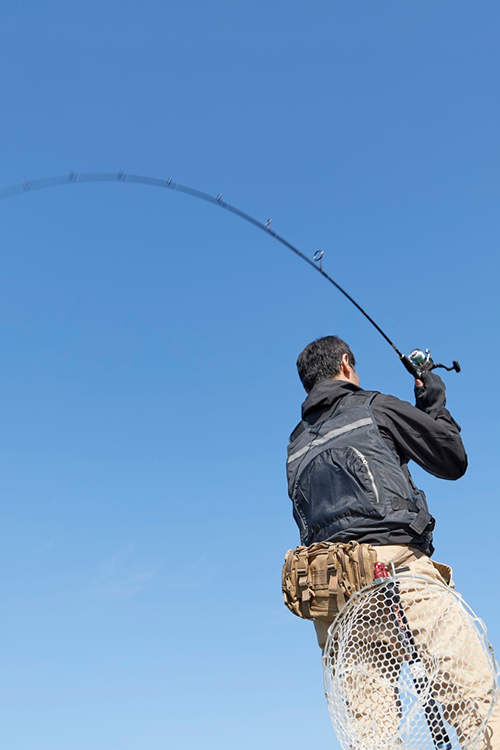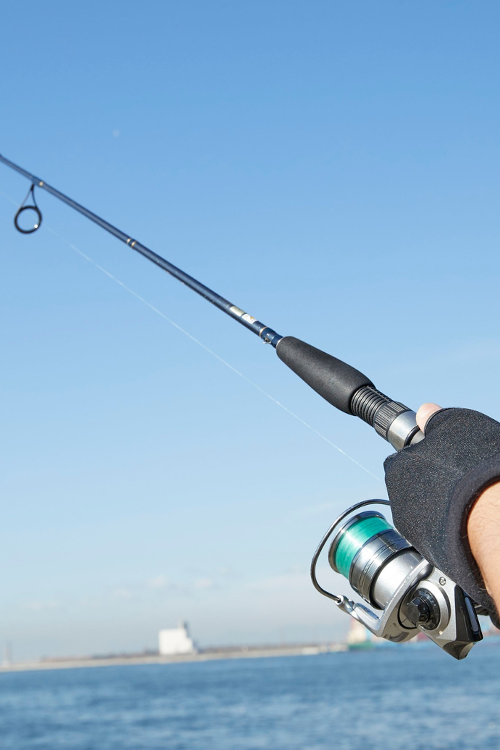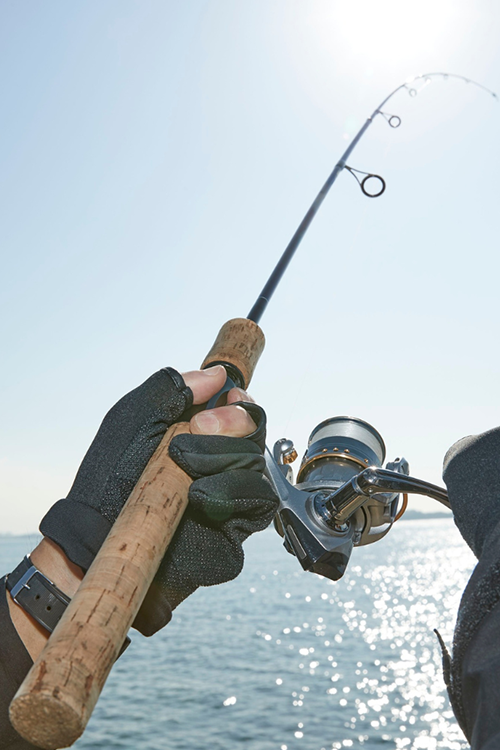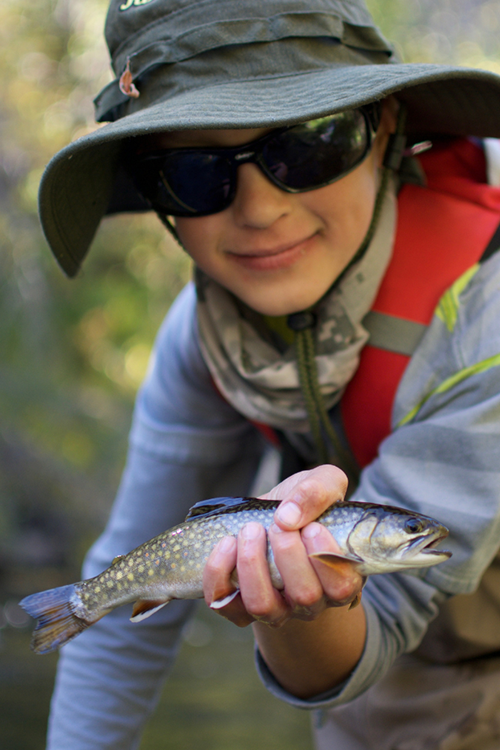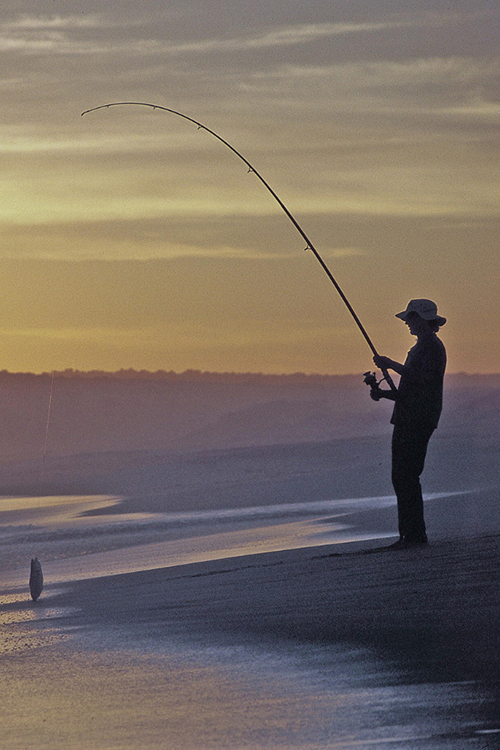Smallmouth bass anglers often face challenges in developing effective strategies for river smallies. But with some key tips in mind, they can experience consistent success throughout their season of pursuit. Here are some key tips for topwater fishing:
1. Walk-the-Dog
2. Chuggers and Poppers
3. Retrieve Speed
4. Lure Color
5. Hook Up
Keep an eye out for these fish near current breaks, such as weed clumps, boulders, and logs in reservoirs and feeder creeks. They are likely hiding behind such obstructions. Also, look for them hiding among rock points, moored boats, and docks where there may be gaps.
1. Walk-the-Dog
2. Chuggers and Poppers
3. Retrieve Speed
4. Lure Color
5. Hook Up
Keep an eye out for these fish near current breaks, such as weed clumps, boulders, and logs in reservoirs and feeder creeks. They are likely hiding behind such obstructions. Also, look for them hiding among rock points, moored boats, and docks where there may be gaps.
1. Know Your Water
Water and weather affect the fly fishing success. Smallmouth bass are highly visual feeders. They tend to be active during sunny daytime conditions and respond best to lures designed to mimic their prey. So, the summers are the best time for smallies. Water level, current, and temperature all play an integral part in smallmouth bass's behavior and feeding habits.
Fishing these water areas with a tube or smaller in-line spinner bait can be highly productive. Don't overfish these spots, as sudden movements could spook bass away and force them elsewhere. Instead, let the topwater bait fall before slowly working it back over the structure.
Fishing these water areas with a tube or smaller in-line spinner bait can be highly productive. Don't overfish these spots, as sudden movements could spook bass away and force them elsewhere. Instead, let the topwater bait fall before slowly working it back over the structure.
